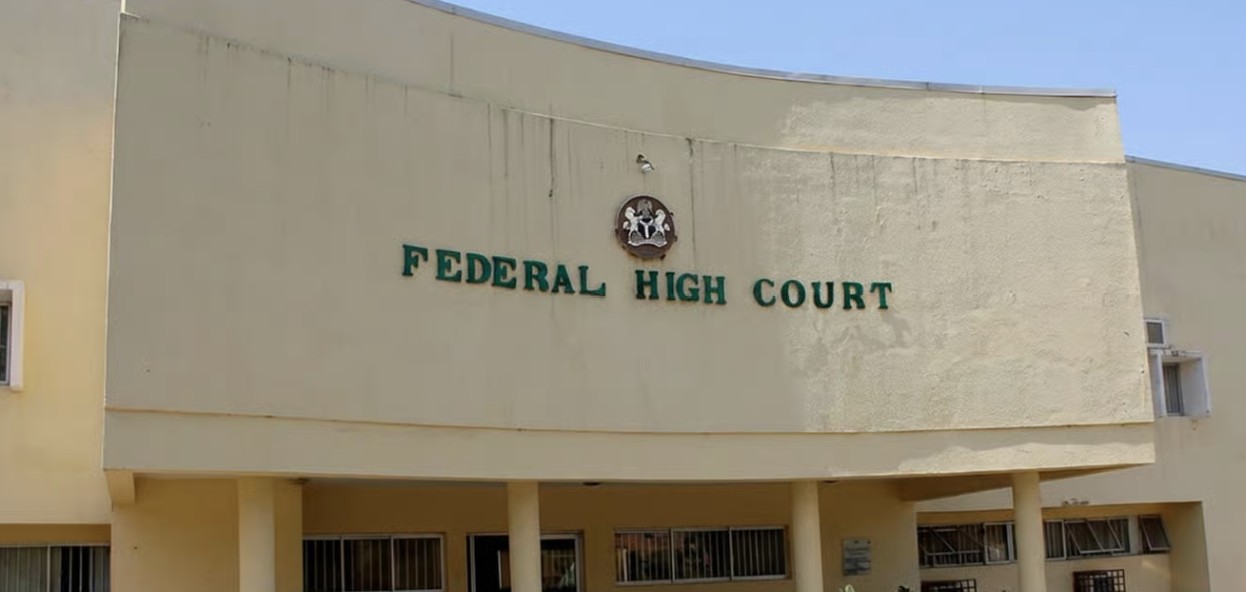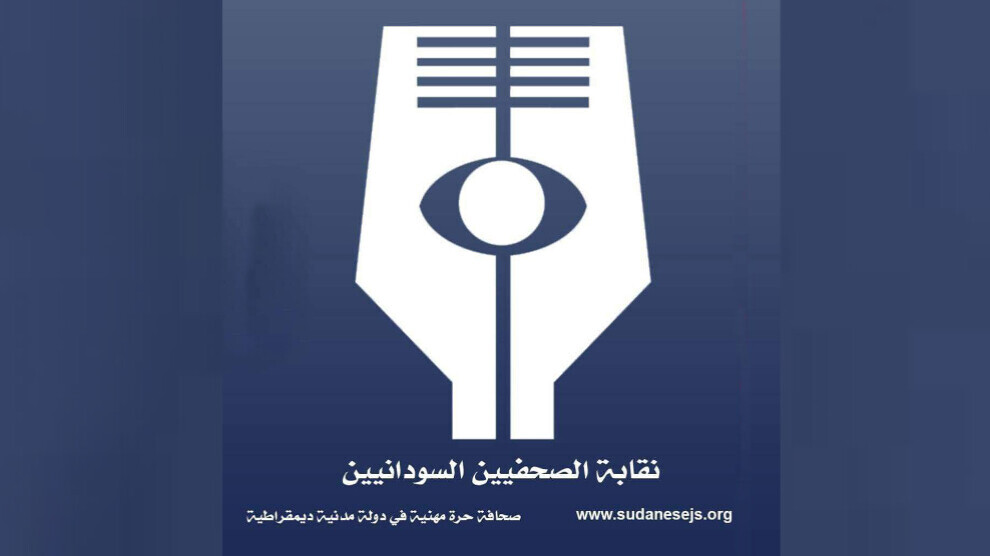
Russia-Linked Disinformation Spoofs European Media to Spread Propaganda
September 30, 2024
Italy’s Kremlin Ally: Propagandist Spreads Disinformation from Ukraine to West Africa
September 30, 2024September 30, 2024 – Haiti –
Widlore Mérancourt, editor-in-chief of Haiti’s investigative outlet AyiboPost, has been forced into hiding after receiving death threats for publishing a report revealing that Reuters journalists gave gifts to notorious Haitian gang leader Jimmy “Barbecue” Cherizier. Mérancourt’s September 18, 2024, article detailed how Cherizier showed off items—including balaclavas, alcohol, and cigarettes—that he claimed were provided by a Reuters reporter and photographer. The article sparked national attention and raised serious concerns about the ethics of foreign media reporting from crisis zones.
Just a week after publication, Cherizier issued a chilling threat in a video message addressed to Mérancourt, saying, “I’m coming for you. Mark my words… You could be in your bathroom, and a car could come crashing into you.” The video, which was later deleted, prompted Mérancourt to deactivate his social media and go underground for his safety. Despite the grave danger, he has remained committed to continuing his journalistic work, telling supporters he won’t be silenced.
The Committee to Protect Journalists (CPJ) and press freedom advocates have strongly condemned the threat, calling on Haitian authorities to protect Mérancourt and investigate the incident. CPJ emphasized that the threats reflect the broader climate of hostility against journalists in Haiti, where gangs operate with impunity and press freedom is under severe threat. Haiti ranks among the worst in the world for impunity in journalist killings.
Reuters, for its part, admitted that its journalists violated company policy by offering gifts and has launched an internal review. The agency maintained that the reporters’ actions were not sanctioned by editors, but the damage to the outlet’s credibility in such a volatile environment has been significant.
Mérancourt’s case underscores the dual threat journalists face in Haiti: from powerful armed groups and lapses in international media ethics. As Haiti descends further into violence and lawlessness, local journalists continue risking their lives to expose truths that foreign reporters sometimes help obscure. The international community now faces renewed pressure to ensure their protection and uphold standards of ethical journalism.
Reference –
Haitian journalist threatened over article about Reuters reporters’ gifts to gang leader




